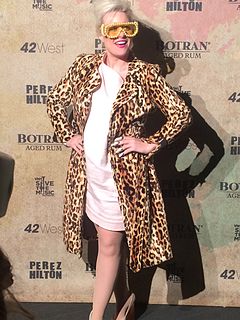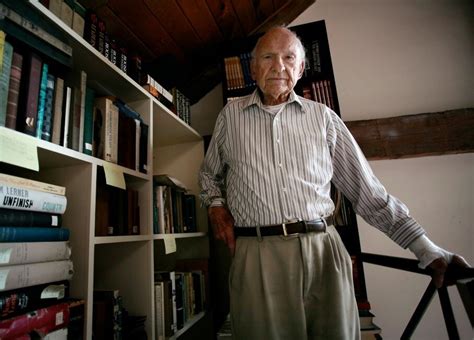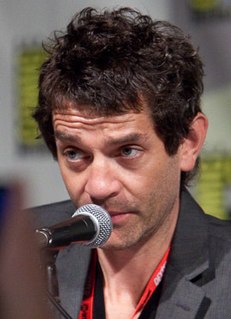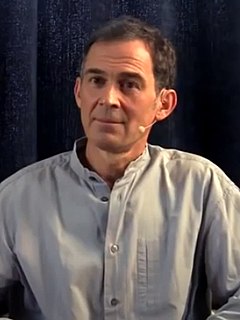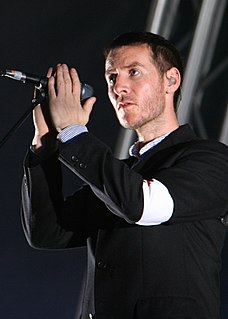A Quote by Laurie Holden
When forced to survive in an apocalyptic world, there are some characters that embrace their higher selves with some emerging as natural born leaders, and others succumb to their more base and primal selves and basically transform into savages.
Related Quotes
When forced to survive in an apocalyptic world, there are some characters that embrace their higher selves with some emerging as natural born leaders, and others succumb to their more base and primal selves and basically transform into savages. It's really a fascinating character study in the exploration of the human psyche.
Most of us live our lives desperately trying to conceal the anguishing gap between our polished, aspirational, representational selves and our real, human, deeply flawed selves. Dunham lives hers in that gap, welcomes the rest of the world into it with boundless openheartedness, and writes about it with the kind of profound self-awareness and self-compassion that invite us to inhabit our own gaps and maybe even embrace them a little bit more, anguish over them a little bit less.
Some might say that looking inside of ourselves for spiritual truths is egocentric and selfish, and that egolessness and selflessness lie in working for others in the world. But until we find our inner truth, our work in the world will always revolve around our 'selves'. As long as we think about the world in terms of 'self' and 'others', our actions will be selfish. Our 'self' follows us wherever we go, so positive results will be limited.

